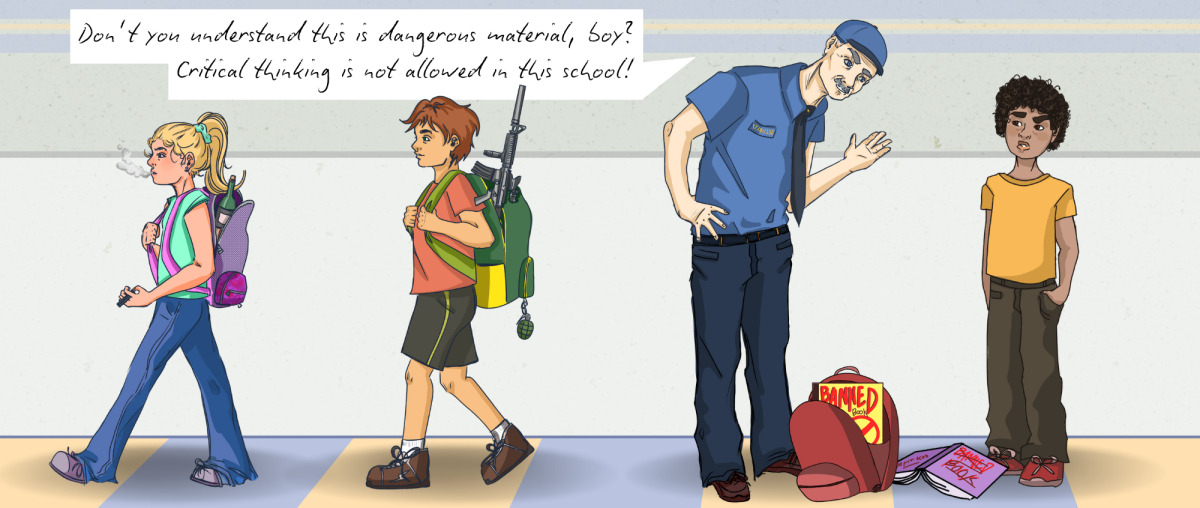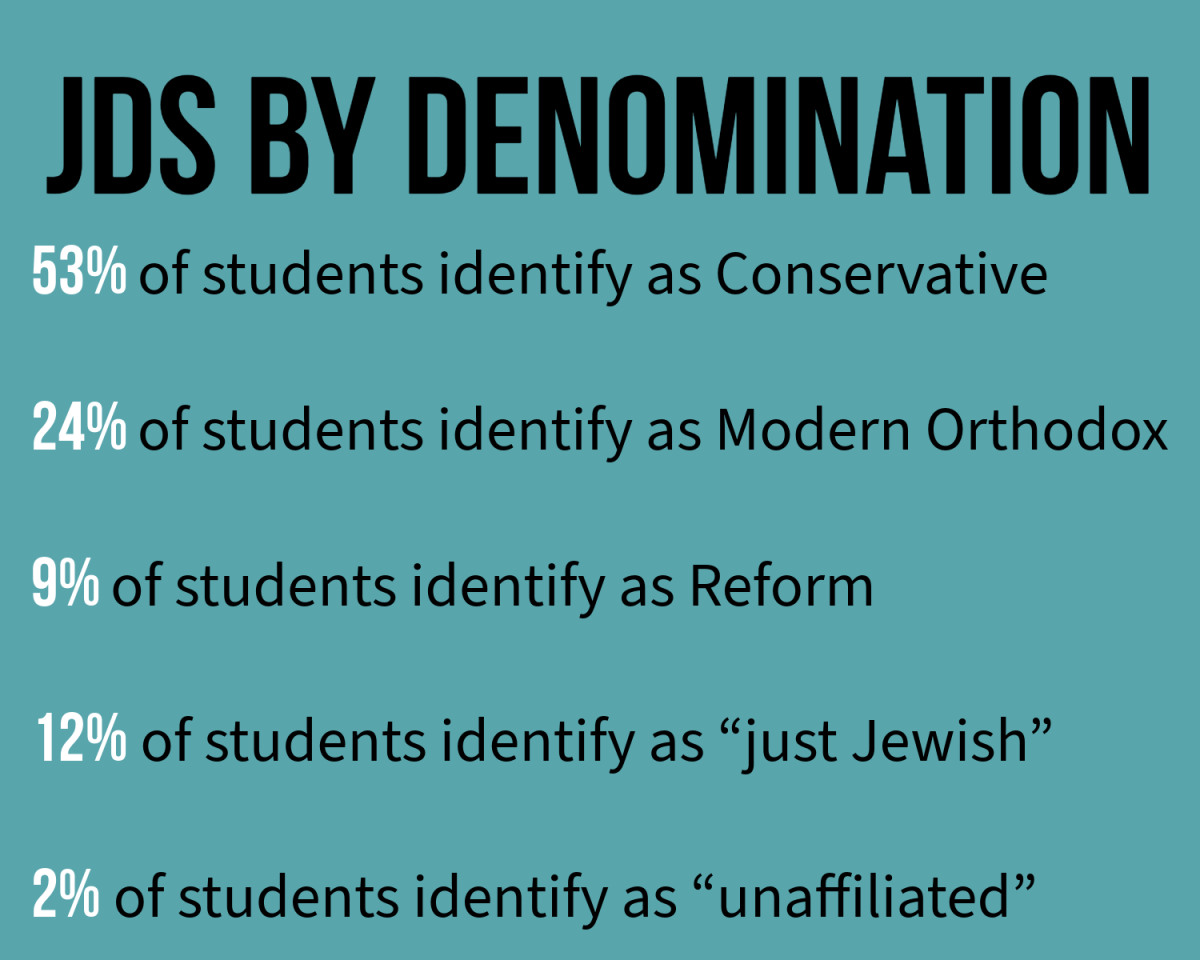
When I learned about the test revision policy upon entering high school, I was intrigued. Many schools did not offer this opportunity. As the year progressed, I retook tests and quizzes to further my understanding of the material and demonstrate my learning. After studying for a test, my grade was surprisingly low once it came back. When I retook the test, I had gotten a high A, which greatly benefited my grade.
CESJDS’ retake policy allows students to retake tests and major assignments with the higher grade recorded in the grade book. However, retaking tests is about more than just the grade.
Being able to retake a test reduces anxiety on the initial attempt, and it increases a sense of control for the participant. According to LifeSciEd.org, 46.3% of women and 30% of men suffer from self-reported test anxiety. NIH.gov found that offering retakes decreases a sense of hopelessness and other negative emotions and replaces them with positive emotions of accomplishment.
In addition to tests in high school, two crucial tests many take to get into college, the ACT and SAT, offer retake opportunities. In 2015, ACT.org reported that 45% of students retook the ACT. Of that 45%, 57% improved their composite score on their second attempt, an average of 2.9 points higher than their original score. The ACT’s retake opportunity shows how some of the most important tests still leave room for improvement.
Not only do retakes allow for re-engagement with material, but they also give students a chance to improve their scores based on how much effort they are willing to put in. Retakes promote mastery orientation, which helps long-term learning among students. They also emphasise skill proficiency rather than perfection, which is an essential concept in learning.
Journals.physiology.org conducted a study at Indiana State University, where 468 students were enrolled in one course over 3 years. In total, 159 students attempted to retake exams for this course, resulting in 265 retakes. Of the 265 retakes, 182 (68.7%) scored higher than their initial attempt.
Allowing students to retake tests requires reengagement with prior material. Although students are not forced to study before a retake, most do so to help improve their scores. Not only does this help students juggle between multiple units in one class simultaneously, but it also shows a sense of responsibility and eagerness to improve and learn.
JDS’ policy of retaking tests helps prepare students for the future and leaves room for mistakes and improvement. Opportunities to retake are common, especially in college, and allowing students to improve their grades and understanding realistically prepares them for success moving forward.
Every time a teacher announces a big upcoming test or assessment, the first question I hear asked is: “Will there be retakes?” The immediate question is concerning to me, because when a test is introduced, the first thought shouldn’t be about redo opportunities. The frequent retake opportunities for assessments bring down students’ work ethics and ability to study in general.
It’s incredibly important for students to have the opportunity to improve, especially with assignments that stretch over a period of time, like essays. However, in the case of tests, students are being asked to study and memorize information and show that they have retained the knowledge of a unit, and they should be able to successfully do that the first time.
Many students are showing up to class unprepared because they know they will be able to retake the test if they don’t perform well on it. Retake policies are bringing down motivation to study the first time around.
Let’s say a student studies every night for a week, does their best to prepare for the test and get a 95%. A different student doesn’t prepare at all, and so after getting a 70%, they retake the test and get an 100%. This is unfair to the first student who worked hard to get an A, because it rewards the student who did less work the first time, as opposed to the one who did more. It’s also unfair to the second students, because it makes them believe that slacking off can generate a reward.
Retakes don’t prepare students for the real world. In college, it’s possible to retake a class after failing it, but there would be financial consequences. Retaking a single test in college is not a commonly offered option.
When applying for things like job opportunities, leadership positions and sometimes even citizenship in other countries, retakes aren’t expected or granted. The retake mindset at CESJDS is unrealistic towards an post-high school life.
If a student is struggling or missed a few classes and didn’t perform well on a test as a result, there should be a retake available to them. However, retakes shouldn’t be unlimited and available for every test; there should be a limit to the number that a student can take per semester.
A better way to provide retakes without discouraging study efforts would be to not announce retakes until after the test has been taken. Students should not be notified of retake opportunities before taking a test, because it could be an incentive for them not to study the first time around.
Mistakes are not a bad thing as long as you learn from them. However, if students make mistakes because of their lack of preparation for assessments, the answer shouldn’t be to offer immediate retake opportunities. JDS should reevaluate their retake policy and whether or not retakes should be offered for all assessments in order to improve the determination of students.












